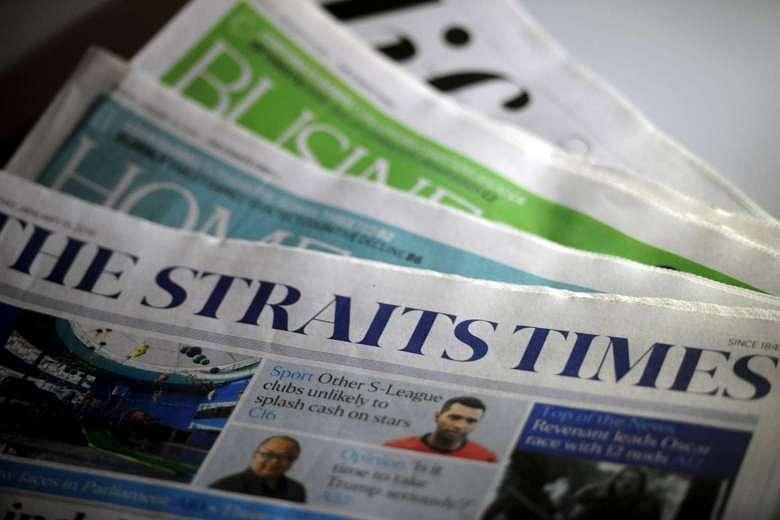TAIPEI (AFP) - Taiwanese police have arrested more than 300 suspected gang members ahead of local elections in a crackdown triggered by concerns over the increasing involvement of organised crime in the island's tense politics.
Four of the 310 arrested are reportedly members of a small pro-China party founded by a former gang leader that regularly organises protests in support of Beijing, which claims Taiwan as part of its territory.
Police said in a statement Thursday (May 3) they had confiscated illegal weapons and drugs following raids on 762 locations across the island in the sweep launched on April 30.
Local elections scheduled for November are seen as an important barometer of popular support for the ruling independence-leaning Democratic Progressive Party (DPP) or the China-friendly Kuomintang.
Former gang leader-turned-politician Chang An-lo, known as "White Wolf", spent 10 years in a US jail for drug trafficking and lived in exile for 17 years in China before returning to Taiwan in 2013.
He was a leader of the Bamboo Union - one of Taiwan's largest criminal gangs - before founding the China Unification Promotion Party.
Members of Chang's party have been accused of attacking Taiwanese independence supporters and Hong Kong pro-democracy activist Joshua Wong when he visited Taipei in January 2017.
They also allegedly attacked several student protesters last September at a music concert that was cut short following to scuffles between pro-independence and pro-China protesters.
Police also said a former senior Bamboo Union member had encouraged other gang members to take part in the China Unification Promotion Party's activities.
Authorities are also investigating whether there was gang involvement in a protest last month over planned cuts to military veterans' pensions.
More than a dozen reporters and over 80 policemen were injured during the protest that descended into chaos, with some throwing smoke bombs and attempting to pull down the gate to the parliament compound with ropes and chains.
Beijing has turned hostile towards Taiwan after President Tsai Ing-wen of the DPP took office in 2016 as she has refused to accept that the island is part of "one China".
China has stepped up pressure by convincing several of Taiwan's diplomatic allies to switch recognition to Beijing and intensifying military patrols close to the island.

